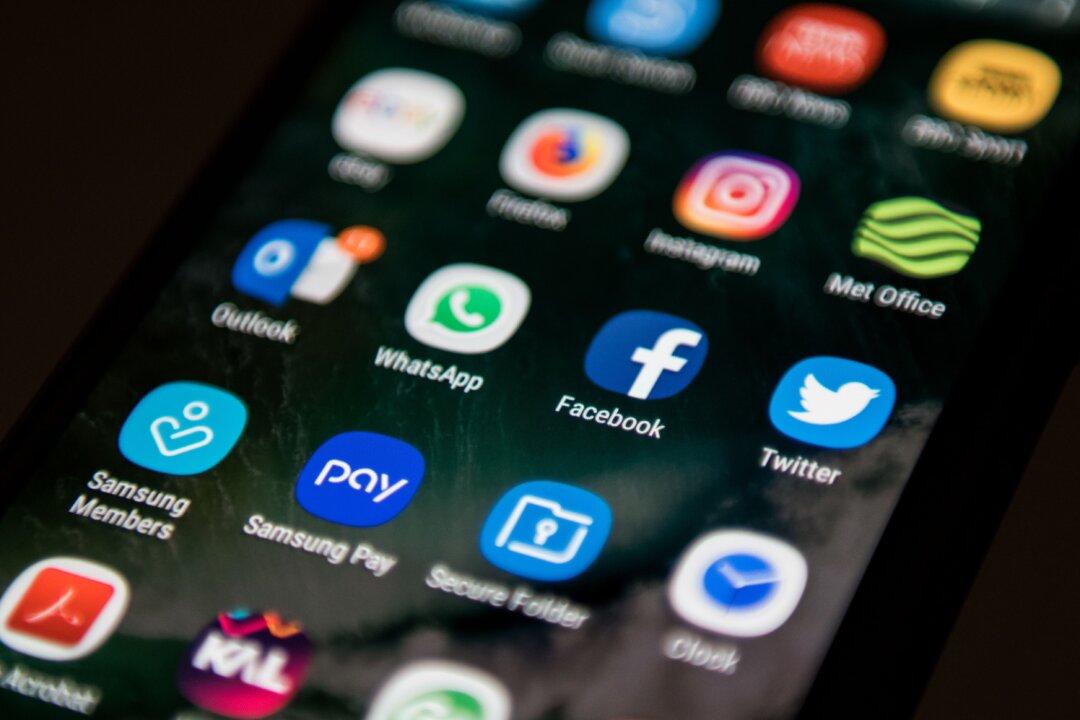A federal court has prohibited two provisions of a California law aimed at protecting children from social media addiction from coming into effect, while allowing partial enforcement of the new statute.
The bill, SB 976, “Protecting Our Kids from Social Media Addiction Act,” was signed into law by Gov. Gavin Newsom in September. It prohibits social media companies from offering addictive feeds to minors without parental consent.





